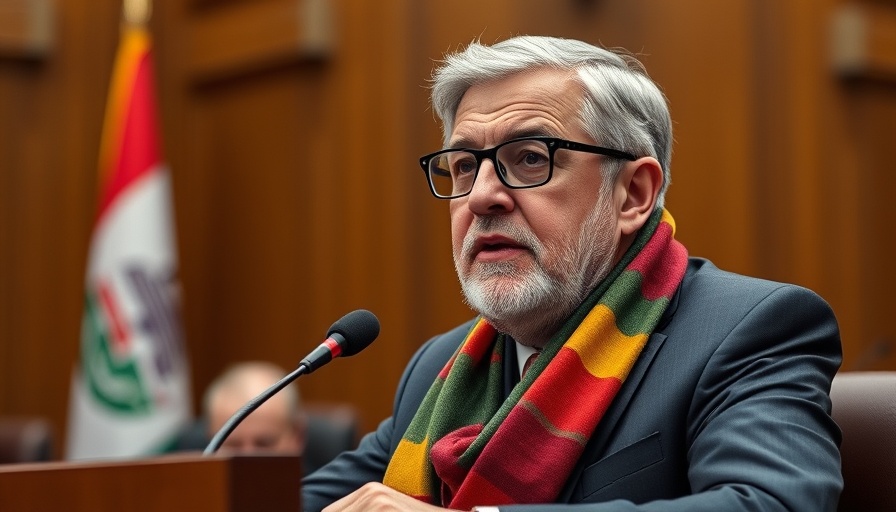
Celebrating 45 Years of SADC: Reflecting on Progress and Challenges
The Southern African Development Community (SADC) marks its 45th anniversary on April 1, 2025, a significant milestone that showcases its commitment to fostering regional cooperation and unity among its member states. Founded in 1980 as the Southern African Development Coordinating Conference (SADCC) under the Lusaka Declaration, SADC has transformed into a crucial platform for economic and political stability in the region. The evolution of SADC is not only a banner of pride but also a testament to the collective efforts for development in Southern Africa.
Commitment to Regional Development and Growth
SADC's continued growth reflects its response to the pressing needs of its member states. Guided by SADC Vision 2050, the organization aims for a peaceful, industrialized, and prosperous region where citizens enjoy sustainable well-being and freedom. This vision isn't just a lofty goal; it embodies strategies that integrate technology, promote economic development, and enhance socio-political stability throughout Southern Africa.
Implications of SADC's Mission in Current Times
In an era where digital transformation is reshaping the business landscape, SADC’s commitment to fostering technology adoption—such as machine learning, cloud computing, and digital skills development—plays a crucial role. These initiatives can significantly enhance business operations across sectors, enabling startups and established organizations to leverage data analytics and fintech solutions for sustainable growth. SADC's embrace of technology underscores how foundational infrastructure and intellectual capital can converge to drive economic advancement.
Challenges Ahead: Navigating Political and Economic Landscapes
Despite the inspiring progress, challenges remain. Political instability in certain member states can threaten cooperation and impede the region’s collective growth. As SADC commemorates its anniversary, it's essential to address these challenges through increased dialogue and strategic partnerships. Moreover, the organization must confront the rising prevalence of cybersecurity threats and data privacy concerns, which can undermine digital initiatives. A strong focus on cybersecurity measures must accompany technology adoption to ensure the integrity and trustworthiness of regional frameworks.
Harnessing Modern Technology for Future Solutions
Innovative technologies like AI, IoT, and blockchain offer unique opportunities for SADC to enhance regional cooperation. Smart agriculture, powered by technology, can revolutionize food production across member states, ensuring food security and economic stability. Furthermore, investment in renewable energy solutions can support sustainable development while addressing climate challenges that the region currently faces.
Conclusion: A Call for Unity and Action
As SADC looks to the future, its 45-year celebration serves as a powerful reminder of the importance of unity, collaboration, and shared vision. By reinforcing alliances and embracing technology, SADC can navigate the complexities of the modern world while enhancing the prosperity of its citizenry. The call to action is clear: stakeholder participation in shaping a digitally empowered and inclusive future is imperative. Long live SADC; may it continue to thrive and lead the way towards peace and prosperity for all in Southern Africa.
 Add Row
Add Row  Add
Add 




Write A Comment